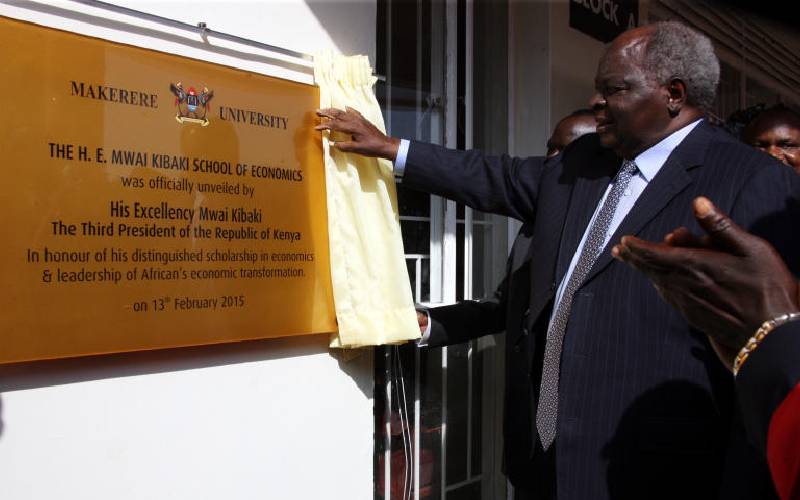×
The Standard e-Paper
Home To Bold Columnists

Former President Mwai Kibaki, he of pumbavu and mavi ya kuku expletives, will be remembered for many things. He was a genius, an economist who pulled Kenya out of economic doldrums.
He simply dazzled when it came to road infrastructure, best showcased in the multi-lane Thika Superhighway and bypasses that have eased transport in Nairobi.